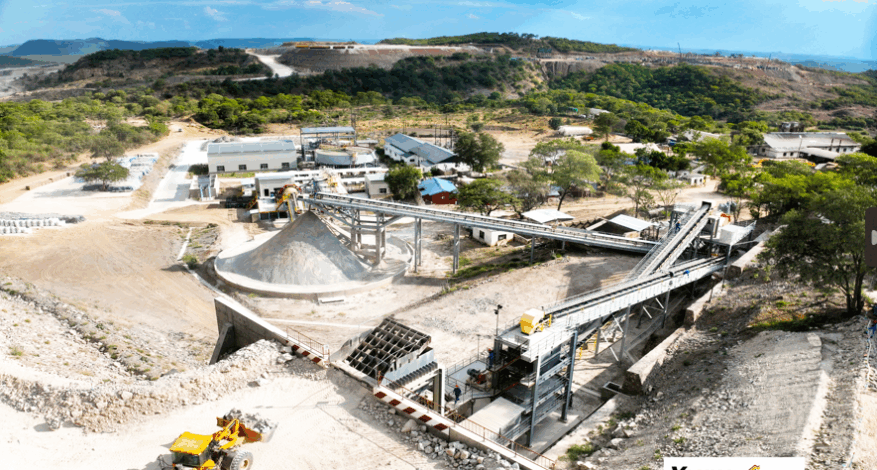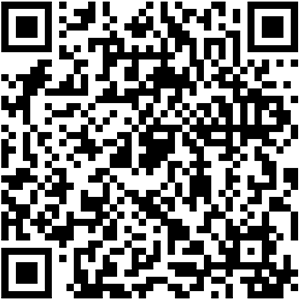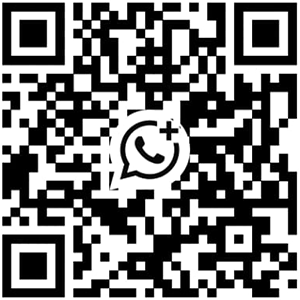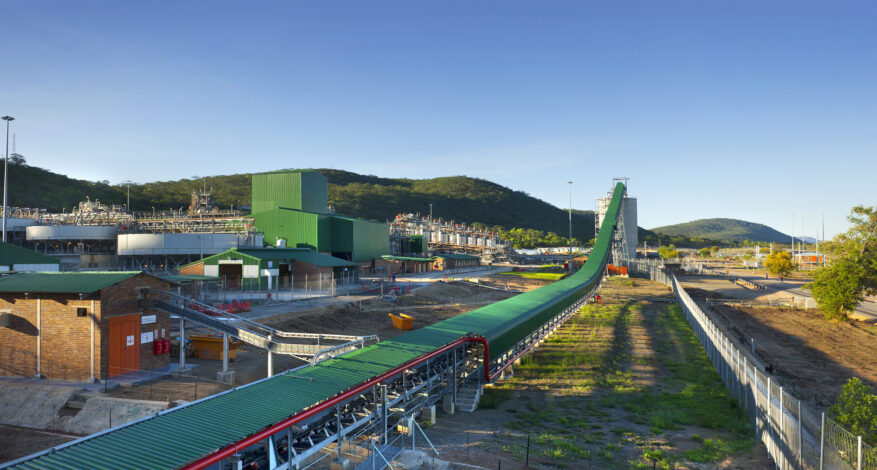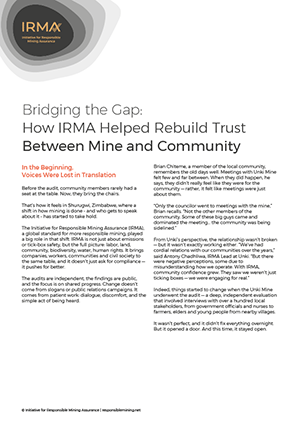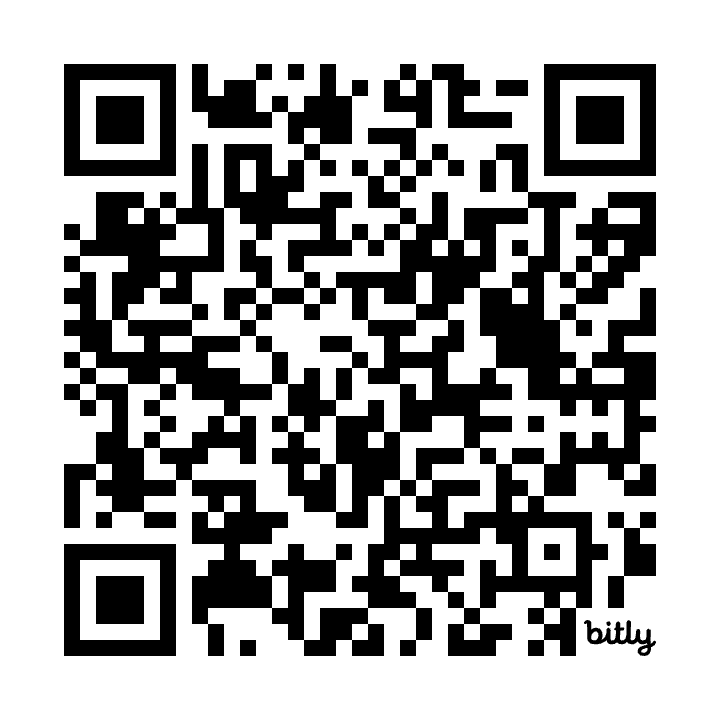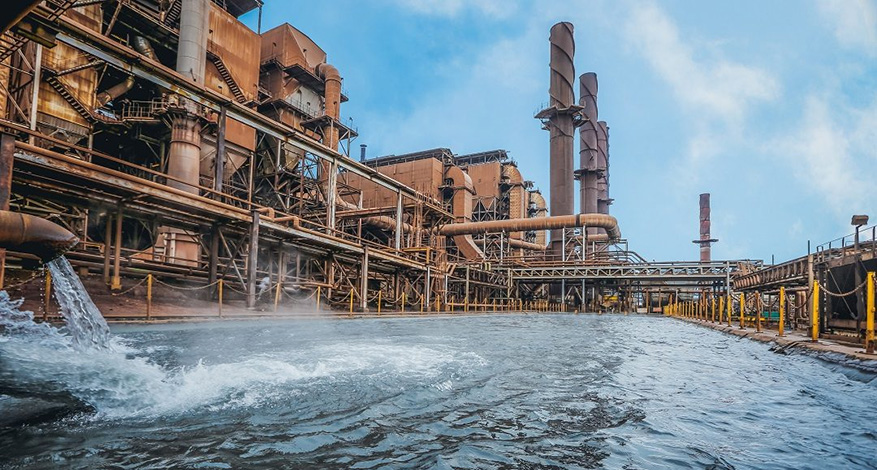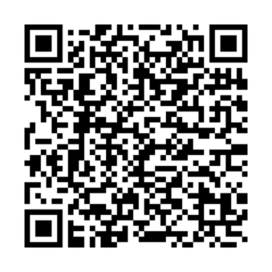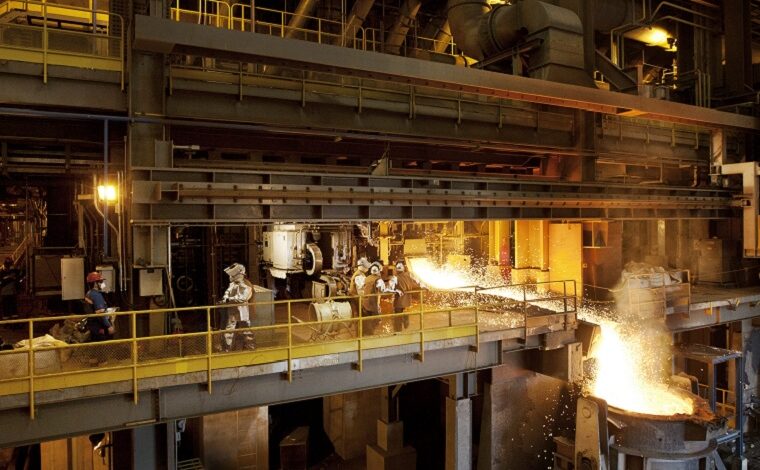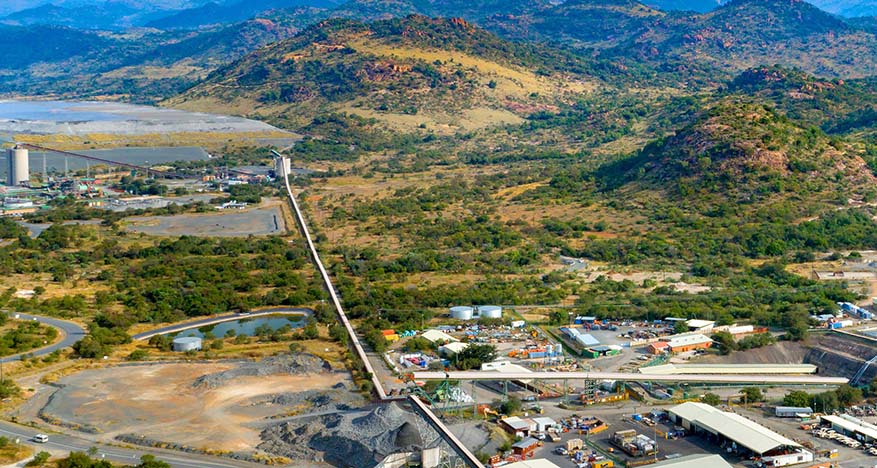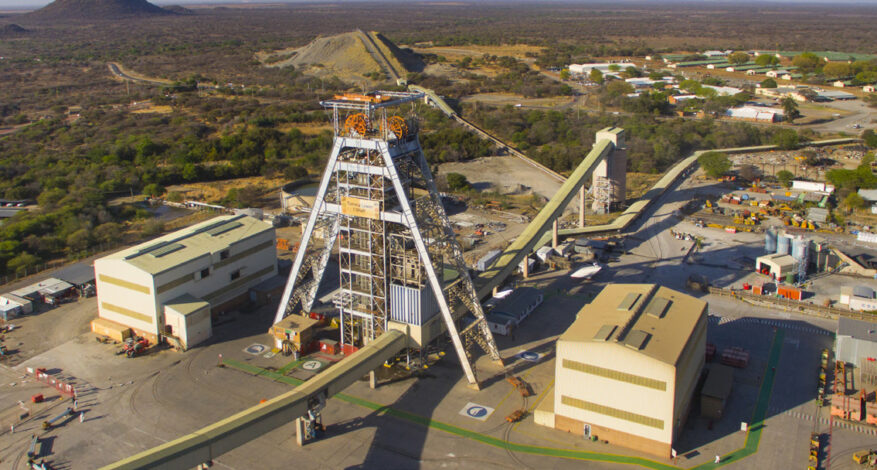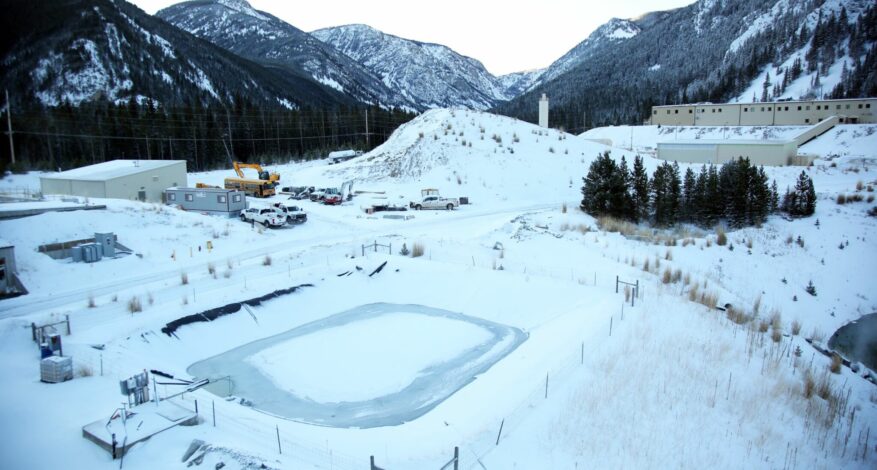Kamativi’s lithium operation to be audited
Kamativi Lithium Mining Operation to be independently audited against the IRMA Standard for Responsible Mining
Kamativi Mining Co, owned by Yahua Group, has signed agreements with IRMA and IRMA-approved audit firm Resilience Environmental Assurance (REA) to independently assess its Kamativi lithium mining operation against the IRMA Standard for Responsible Mining. The Kamativi mine is located in the Hwange District of Zimbabwe’s Matabeleland North Province.
The assessment includes a desk review (stage 1) followed by an on-site audit (stage 2) Stage 2 includes confidential interviews with local communities and workers without mine management present. After the on-site audit REA will draft an audit report which IRMA and Kamativi will then review, after which the company may choose to release the report or take up to twelve months to implement corrective actions first. When complete, IRMA will publish the final audit report in which REA assigns an overall IRMA Achievement Level, and explains how and why they scored Kamativi against each of the 400+ requirements of the IRMA Standard.
Stakeholder engagement in the assessment
Interested stakeholders and members of the public can sign up to receive updates about the Kamativi independent assessment (e.g., the timing of the stage 2 onsite visit, link to public summary of audit results). The Mines Under Assessment page of IRMA’s website will also provide up-to-date information on all assessments.
Members of the community, public officials, workers and representatives of the workforce, or other organizations are invited to submit comments regarding how the mine site is managing their impacts to the environment including air, water, waste, greenhouse gases, and ecosystems; how the mine supports their workforce; and how the mine interacts with the surrounding community, and how it impacts the community, positively or negatively.
Interested parties may contact the independent audit firm, REA, to share comments or to ask to be interviewed as part of the audit process. The audit firm can be reached via:
|
or |
WhatsApp: +27 73 112 5526 or
|
Please share this announcement, and feel free to contact REA directly to provide names and contact information for other REA stakeholders who may be interested in knowing about and participating in the mine site assessment process.
More Information
- For information on the IRMA mine site assessment process and timeline.
- For information about the Kamativi audit, visit IRMA’s Kamativi assessment status page.
- If you would like more information on how the audit of the Kamativi operation is conducted against the IRMA standard — contact IRMA’s Director of Assurance: Michelle Smith, audits@responsiblemining.net.

